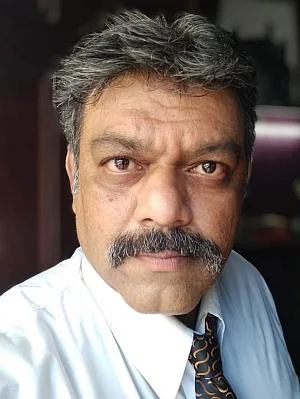 |
| Toshabai, first village widow to dump archaic customs |
In a move braced to initiate widow reforms across India, Media-Legal Thinktank DraftCraft International headed by solicitor Gajanan Khergamker launched a Ground Zero Project on 'Widow Reforms: Mores And Laws' at Herwad Village in Kolhapur district, Maharashtra starting 1 June 2022. A note:
***
The move is an outcome of resolutions passed unanimously by the Herwad Gram Panchayat, headed by Sarpanch Surgonda Patil and Social Reformer Pramod Zinjade’s organisation Mahatma Phule Samaj Seva Mandal (MPSSM) requesting DraftCraft International to intervene and provide media-legal assistance for the issue.Accordingly, DraftCraft International will generate media to spread awareness on the issue; publicise the same through talks, exhibitions, screenings and interactive events across rural and urban Maharashtra, and, most importantly, provide legal assistance to entities across Maharashtra and beyond state borders to draft resolutions, notifications and formulate a state-wide legislation on the subject.
 |
| Surgonda Patil, Pramod Zinjade |
Herwad Passes Historic Resolution
The journey towards Widow Emancipation began with Herwad Gram Panchayat in Shirol taluka of Kolhapur passing a historic resolution on 5 May 2022 to ban customs like removing a widow's mangalsutra, toe-rings, wiping off her sindoor, breaking her bangles and barring her from participating in social activities as part of age-old rituals. The campaign was immediately taken up by seven villages and a slew of others in the days to follow, across Maharashtra even in neighbouring Goa.In a pathbreaking move, for the first time ever, in the death centenary year of Chhatrapati Rajarshi Shahu (Shahu Maharaj), the Maharashtra government, resolved to tackle the social scourge of widow customs and malpractices, asked Gram Panchayats across the state to ban widow rituals and customs on 17 May 2022.
Maharashtra Government Leads The Way
NCP President and Rajya Sabha MP Sharad Pawar, Maharashtra Deputy CM and MLA Baramati NCP leader Ajit Pawar, Rajya Sabha MP and NCP leader Supriya Sule, Deputy Chairman of Maharashtra Legislative Council and Shiv Sena leader Neelam Gorhe, MLA Shirol Constituency Rajendra Patil Yadravkar, Vice President State BJP and member of the national executive committee Chitra Wagh, Maharashtra Rural Development Minister and member of Maharashtra Legislative Assembly from Kolhapur's Kagal assembly seat NCP leader Hasan Mushrif, Maharashtra Andhashraddha Nirmoolan Samiti President Saroj Patil and local leaders from across the political spectrum made a collective call to end the malpractice. |
| Herwad sarpanch with Sharad Pawar, Ajit Pawar |
 |
| Village delegation meeting Supriya Sule, Yashomati Thakur |
In a meeting with Shiv Sena's Deputy Chairperson of the State Legislative Council Neelam Gorhe on the need for legislation, Mr Zinjade maintained, he told her, "a village level committee with 50 per cent women members, including widows, should be formed to stop the practice once a law is in place."
 |
| Toshabai (third from right) with family members |
‘Change Needed At Grassroot Level’
DraftCraft International founder, Editor - The Draft and Solicitor Gajanan Khergamker says, "Social reforms are possible only when there’s change at the grassroot level. The Maharashtra Government has very rightly initiated the change by asking Chief Executive Officers of Zilla Parishads to carry out Public Awareness against the customs. As for a separate law on the issue, our team of lawyers and researchers will study the existing framework of laws, plug loopholes and examine the need to have a separate law tackling widow customs." |
| Gajanan Khergamker |
The Maharashtra government's move to address the issue, in the death centenary year of Shahu Maharaj who worked tirelessly to end child marriage, ban the Devdasi system, enact the Marriage Registration Act that gave legal validity to inter-caste and inter-religious marriages and widow remarriages, is a bold one that will benefit widows across India. The Draft will generate media on its platforms on the issue and highlight the works undertaken by Maharashtra government in this regard, the state of widows in rural India across Maharashtra’s villages and document the changes as they occur.

टिप्पणियाँ